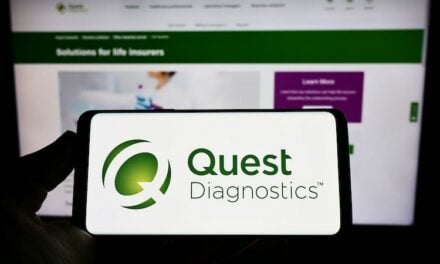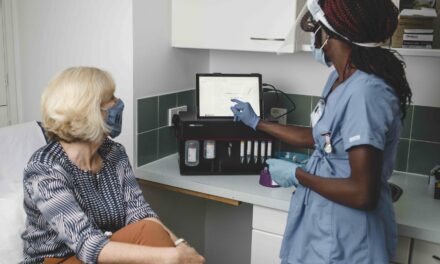Personal Genome Diagnostics Inc. (PGDx) has announced a collaborative partnership with the Duke University Health System (DUHS) Clinical Molecular Diagnostics Laboratory. As part of the collaborative partnership, PGDx’s elio tissue complete will be the primary technology platform for the laboratory’s clinical oncology genomic testing initiatives. The laboratory will also collaborate with PGDx on the development of next-generation data integration solutions aimed at optimizing clinical usability of genomic data and insights across the cancer care continuum.
“We are thrilled to partner with DUHS and pleased that they have chosen PGDx’s elio tissue complete platform for their well-respected clinical precision oncology program,” said Megan Bailey, chief executive officer of PGDx. “We look forward to working with them on developing advanced data integration solutions, which have the potential to more fully enable multi-disciplinary teams to readily access and integrate actionable genomic data as part of routine cancer care.”
Through this partnership, PGDx’s elio tissue complete assay will be integrated into DUHS’ Clinical Molecular Diagnostics Laboratory, demonstrating the value of a decentralized strategy that supports the democratization of genomic testing. Additionally, PGDx and DUHS will collaborate on an advanced data integration solution that delivers interoperability with the health system’s electronic health records (EHRs) and other local systems.
“We believe strongly that the ability to provide accurate, rapid genomic profiling data and insights that can be easily accessed and incorporated into existing cancer care pathways will allow our clinicians to further optimize treatments for the benefit of our patients,” said Michael Datto, MD, PhD, associate vice president of DUHS Clinical Laboratories. “PGDx brings to us an FDA-cleared genomic profiling kit and a shared commitment to develop data integration solutions that enable oncologists and clinician partners across our health system to harness the potential of genomic insights as part of their toolkit in the fight against cancer.”





